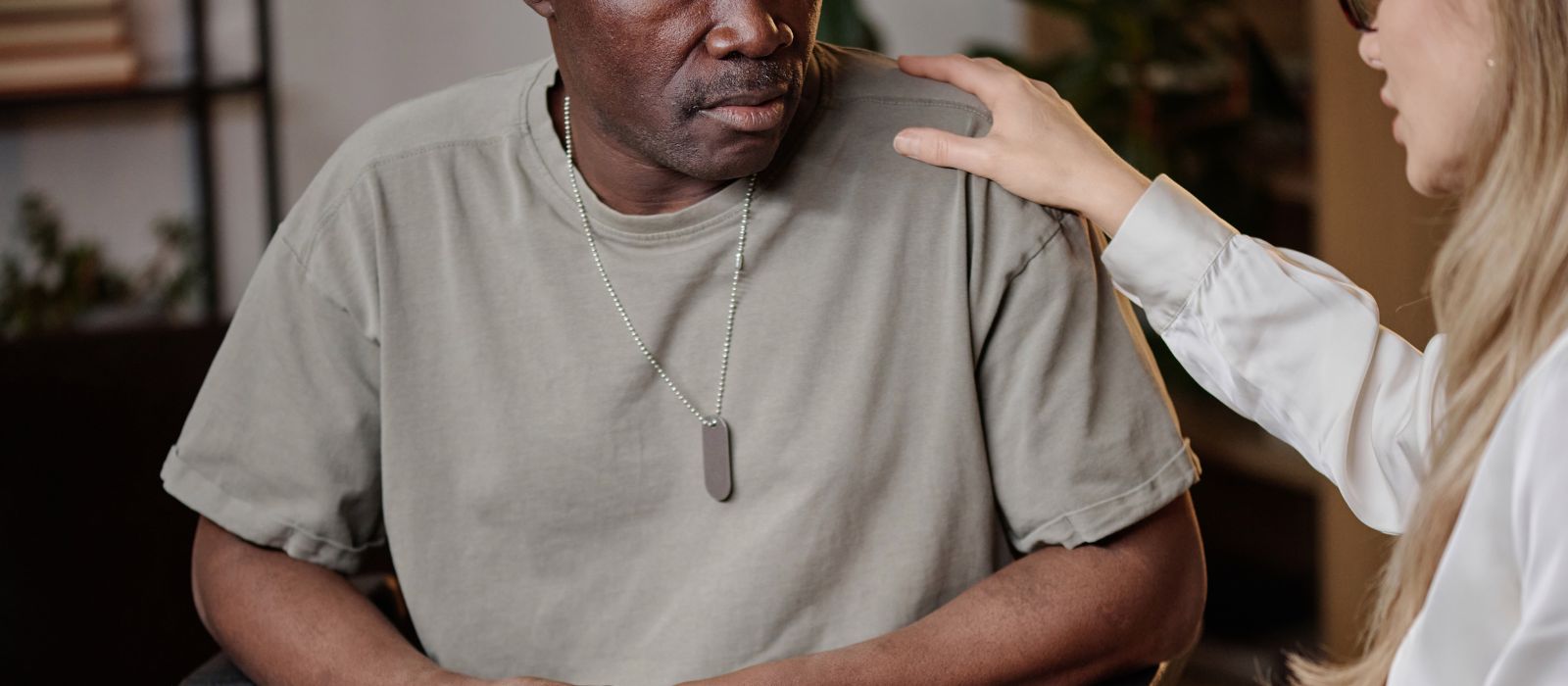
The world of professional sports, much like entertainment, is often glamorized for its high paychecks, multi-million-dollar contracts, and luxurious lifestyles. However, behind the fame and glory, athletes are human too, vulnerable to mental health challenges, often at rates higher than the general population.
Prominent athletes like Paul Pogba, Ronda Rousey, Michael Phelps, and Serena Williams have publicly shared their struggles with mental health disorders, including anxiety, depression, and burnout. These challenges are often triggered by immense pressure from fans, teammates, and coaches, as well as internal expectations of perfection. Sadly, many athletes face stigma when opening up, with their struggles dismissed as attention-seeking or excuses for underperformance.
Common mental health issues among athletes include burnout, depression, anxiety, insomnia, substance misuse, and obsessive-compulsive tendencies. Injuries, fear of retirement, hazing, racial discrimination, and sexual harassment further exacerbate these issues. These conditions not only affect an athlete’s performance and career progression but can also lead to severe consequences, including early retirement or even suicidal thoughts.
Despite the challenges, preventative measures can significantly improve athletes’ mental well-being. Breaking stigma, fostering open conversations, building supportive team environments, and managing performance expectations are critical steps. Access to sports psychologists and mental health professionals is essential to diagnosing and addressing these challenges.
As advocates, we must prioritize athletes’ mental health by promoting self-care routines, realistic goal-setting, and a balance between sports and personal life. By addressing these issues, we can create a healthier environment for athletes to thrive both on and off the field.
Stay tuned for my upcoming interview with Zimbabwean professional footballer Walter “Yaya” Sande. We’ll explore his journey from the streets of Mbare to playing in the Botswana Premier League, his views on Zimbabwean football, and, of course, the importance of mental health in sports.
Remember, your mental health is your wealth.
Disclaimer: The views and opinions expressed in this article are those of the author and do not necessarily reflect the official policy or position of My Afrika Magazine. All content provided is for informational purposes only and should not be construed as professional advice. My Afrika Magazine makes no representations regarding the accuracy, completeness, or reliability of the information contained in this article. Readers are encouraged to independently verify any facts presented. My Afrika Magazine assumes no liability for any losses, damages, or other consequences that may arise from reliance on the information provided in this article.


